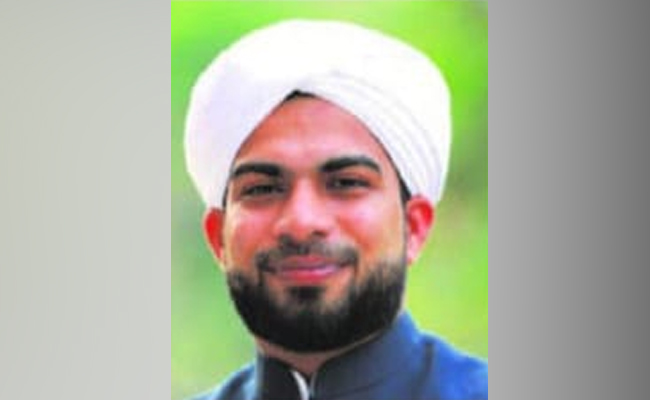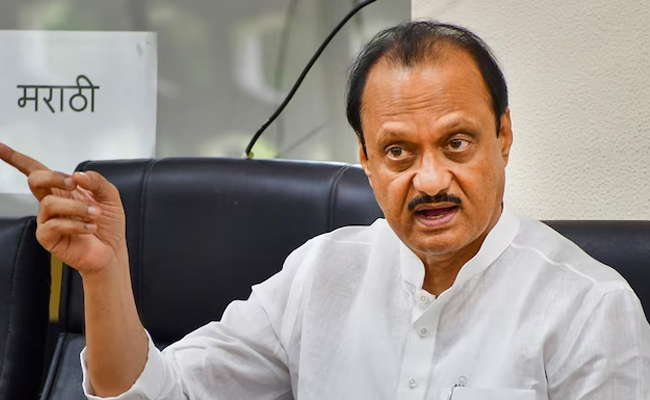Kozhikode: Dr. Mohammad Roshan Noorani, Vice Rector and Researcher at Jamia Markaz, has been awarded the Fulbright-Nehru Postdoctoral Fellowship by the Governments of the United States and India. This prestigious fellowship, established by the United States-India Educational Foundation (USIEF) with funding from the US Department of State and the Ministry of External Affairs, Government of India, recognizes his project titled 'Methodology and scholars of Islamic knowledge production in the modern era'.
Roshan Noorani will conduct his research for 22 months at the University of California, Berkeley, a renowned public research university in the United States.
He completed his integrative education under the guidance of Dr. Muhammad Abdul Hakeem Azhari. Institutions like Samastha Kerala Jamiyyathul Ulama and Jamia Markaz, led by Kanthapuram AP Abubakar Musliyar, have played a significant role in educating and producing professionals in the society like Dr. Roshan Noorani. Many students from these institutions, which provide a blend of traditional religious studies and modern education, go on to pursue higher studies and research at eminent universities in India and abroad.
Roshan Noorani completed his Ph.D. research in 2021, focusing on the emotional connection and spiritual methodology among the Mappila Muslims regarding Prophet Muhammad(pbuh). He has presented papers at academic seminars and conferences in Turkey, America, Malaysia, and various universities in India, and his work has been published in several academic and non-academic journals. His postdoctoral fellowship project stands as a proof of the excellent work done by the Markaz model of education, which combines traditional and modern education.
Mohammad Roshan Noorani hails from Aakode in Malappuram and is the son of the late C.K. Abu Bakr and A.V. Safia. His wife, Dr. Hafiza, is the daughter of State Hajj Committee Chairman and Markaz Director General C. Muhammad Faizi. They have three children: Hasan Fatih, Hatim Abu Bakar, and Hamim Amjad. Siblings : Muhammad Rizwan Adani, Muhammad Ramzan Noorani Kamil Sakafi, Risha Sumaaya, Fathima Ranna
Let the Truth be known. If you read VB and like VB, please be a VB Supporter and Help us deliver the Truth to one and all.
LAS VEGAS/NEW YORK (AP): A 27-year old Indian woman, who was reported missing last week, was found dead and police are looking for her former boyfriend, alleging that he killed her and fled to India.
Nikitha Godishala of Ellicott City was reported missing on January 2. Howard County police said in a statement on Sunday that she was found deceased with stab wounds in the Columbia, Maryland apartment of her ex-boyfriend Arjun Sharma, 26.
Police have obtained a warrant for Sharma’s arrest on first and second-degree murder charges.





